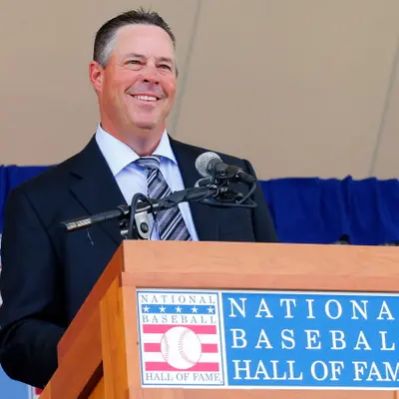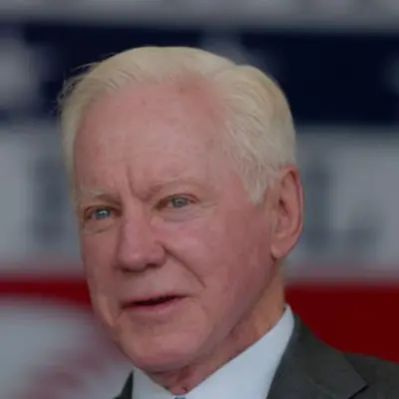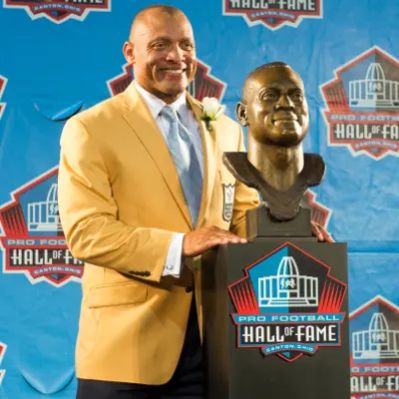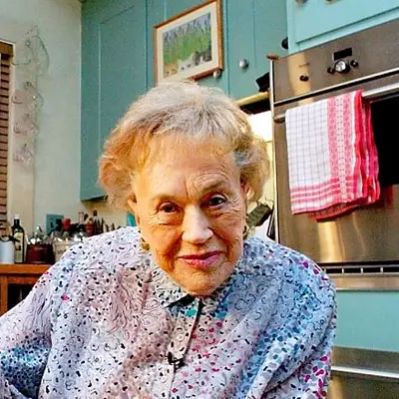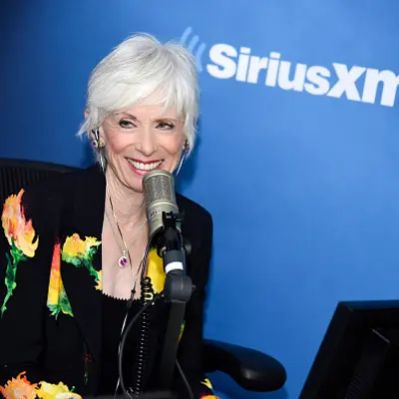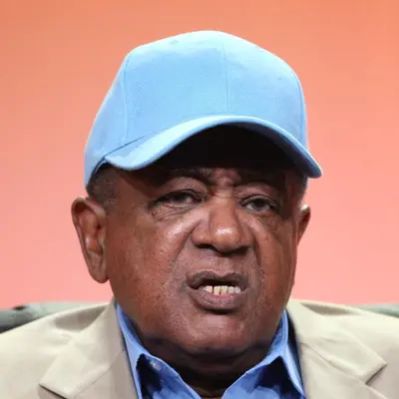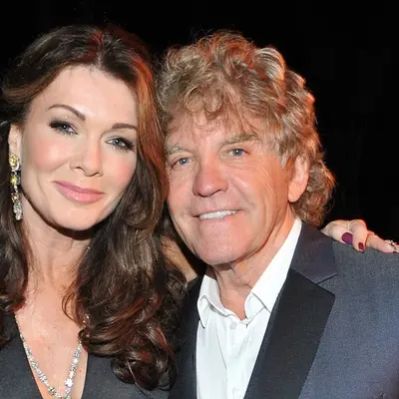What Is Bud Selig’s Net Worth?
Allan Huber “Bud” Selig, the former Commissioner of Major League Baseball and team owner, has accumulated a substantial net worth over his career. As of 2025, Bud Selig’s net worth is estimated to be $400 million. This wealth is primarily attributed to his long and influential career in baseball, including his role as Commissioner Emeritus, his tenure as the ninth Commissioner of Baseball, and his ownership of the Milwaukee Brewers.
Bud Selig’s Career and Financial Contributions to MLB
During his time as Commissioner, Selig implemented several significant changes to Major League Baseball. These innovations included introducing the Wild Card, initiating interleague games, merging the National and American Leagues under one banner, and organizing the World Baseball Classic in 2006. These structural changes not only modernized the sport but also had a profound financial impact.
Selig’s leadership is credited with boosting the financial performance of MLB by more than 400 percent. He also introduced the concept of revenue sharing, which helped to level the playing field among teams and foster greater financial stability across the league. During his tenure, overall attendance at MLB games rose to unprecedented levels, indicating a healthy and growing interest in the sport.
Despite his numerous achievements, Selig’s time as Commissioner was not without controversy. A significant scandal involving steroid abuse threatened to overshadow his contributions to the game. Selig faced criticism for his handling of the issue, despite commissioning the Mitchell Report, which provided a thorough investigation of the matter. Some critics even called for his resignation amidst the scandal.
At the peak of his career as Commissioner, Bud Selig earned an annual salary of $14.5 million. This substantial income reflects his position’s importance and the significant responsibilities he shouldered in overseeing Major League Baseball.
Bud Selig’s Ownership of the Milwaukee Brewers
Before becoming Commissioner, Bud Selig owned the Milwaukee Brewers from 1970 to 2005 and also served as the team’s president. When he initially purchased the Brewers, the team was facing severe financial difficulties. Selig successfully guided the team out of bankruptcy and transformed the sports franchise into a valuable asset. He eventually sold the team for $223 million.
Selig’s ownership of the Brewers is often viewed as a success story. He not only “saved” the team from financial ruin but also managed to generate a significant profit upon its sale. His ability to turn around the franchise and enhance its value underscores his business acumen and his deep understanding of the baseball industry. In 2017, Bud Selig was officially inducted into the Baseball Hall of Fame, solidifying his legacy in the sport.
Early Life and Education
Allan Huber “Bud” Selig was born on July 30, 1934, in Milwaukee, Wisconsin. He was raised in a Jewish household and began attending baseball games at the age of three with his older brother and mother. During this time, he watched the minor league Milwaukee Brewers play.
Selig attended the University of Wisconsin-Madison, where he earned a B.A. in American history and political science. After graduating from college in 1956, he spent two years in the army before joining his father’s car leasing business. Even to this day, Selig remains involved in the car leasing industry. He became the largest public shareholder of the Braves when they moved to Milwaukee. When they relocated to Atlanta, he had to divest his stock. During the Braves’ time in Milwaukee, Selig developed close relationships with many of their players through his family’s car leasing company.
Early Baseball Career
Bud Selig’s baseball career began in earnest with his attempts to bring a successful major league baseball team to Milwaukee. After several unsuccessful attempts, he eventually purchased the Brewers and brought them back into the major league. He served as president and owner until he became president in 1992, at which point he transferred ownership to his daughter to avoid conflict of interest allegations. However, it was widely rumored that Selig maintained some control over the team while he was Commissioner.
Commissioner of Baseball
Bud Selig became Commissioner of Baseball in 1992 after opposing then-Commissioner Fay Vincent for many years. When Vincent resigned, Selig became acting Commissioner because of his role as the Chairman of the Executive Council of Major League Baseball. During his time as commissioner, he introduced the concept of the Wild Card and instituted divisional playoff play.
One of the most significant controversies during his tenure was in 2005, when he faced a Congressional hearing regarding steroid use in baseball. Although he proposed stricter regulations on performance-enhancing drugs, his testimony was later found to be contradictory. He claimed to be unaware of steroid use by 1988, yet in another statement, he claimed to be addressing the issue in 1994. Despite this controversy, Selig’s contract was extended multiple times before he stepped down at the end of the 2014 season.
Real Estate Investments
In 1985, Bud Selig purchased a French Provincial manor in Bayside, Milwaukee. Initially, the home was a modest 2,400 square feet. Over the years, as Selig’s wealth grew, he expanded the home to approximately 5,000 square feet of living space.
In 2009, Selig purchased the home next door. After demolishing the existing residence, he expanded his original property to a total of 130,295 square feet. Documents reveal that a “garden and sculpture area” was constructed on the property. Selig continued to renovate his gardens and built a vine-covered, 60-foot cedar pergola with a sidewalk underneath.
Although the proposed renovation went against the village’s building code, Selig received special permission because it “enhanced the aesthetic appeal of the area and was in good taste.” In 2013, Selig’s property was valued at $1.319 million, including the three acres of land, the pergola, and the home itself. The residence was assessed at almost $900,000.
 Net Worth Ranker
Net Worth Ranker



